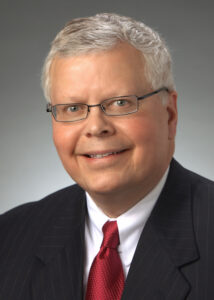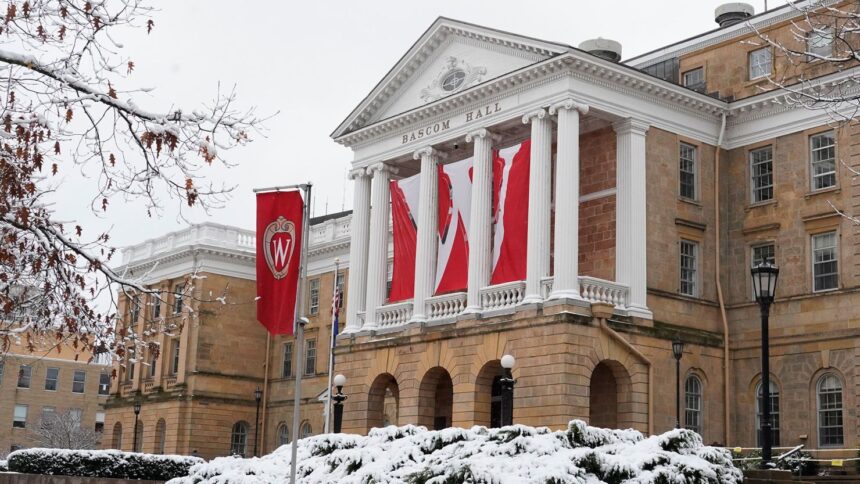The new policy doesn’t apply to staff or faculty members who share their proficiency or judgements in their fields of study.
Leaders of the Universities of Wisconsin must be neutral on public sentiments and social issues. However, the faculty or staff can comment on public matters affecting the institution’s operation, as per the new policy the university system released on Friday.
According to the new university policy, school officials must only respond to issues that directly affect the university’s mission and operations. They must always maintain a neutral point of view regarding social controversies or political issues.
According to the policy document, the policy’s purpose is “to uphold and protect academic freedom, freedom of expression, and an environment in which competing ideas can be freely discussed and debated by all members of the university community.”
The new directive applies to anyone speaking on behalf of the university system, including the system president and vice presidents, the university chancellors, provosts, vice chancellors, deans, directors, and department chairs.
Any expression of opposition or support must be approved by Jay Rotham, the UW system president or the university’s vice-chancellor.

The new policy states that statements expressing empathy or solidarity should be avoided if they suggest support for one group’s viewpoint over another.
The policy doesn’t apply to staff or faculty who express their knowledge or judgement on matters relating to their academic discipline or research expertise, including commentary or analysis on social or political issues.
However, the policy notes that staff and faculty members should be very careful when posting such comments on university-owned channels. This is to ensure that they will not be seen as comments made on behalf of the university. The guidelines don’t also apply to personal comments or statements made by staff or faculty on non-university-owned channels.
According to the policy, Rothman and the university chancellors may also implement additional guidelines and procedures that require staff and faculty to use disclaimers when they are not representing the institution.
The president and chancellors might not extend the scope of the policy to restrict the free expression of individuals or groups who don’t present themselves as speaking on behalf of the university.
The spokesperson for the UW system, Mark Pitsch, told the media that the directive would take effect immediately and would not require approval from the board of regents.
The policy was a result of the deal Mark Mone, the Chancellor of UW-Milwaukee, made with anti-Israel protestors to end campus protestors. The deal was slammed by Jewish groups, including the university’s call for a cease-fire in the war in Gaza between Israel and Hamas, as well as for the university to discuss ending ties with Israeli companies.
Rothman disapproved of Mone’s move to make the deal, posting on X (formerly Twitter) that campuses need to maintain a neutral viewpoint and ensure that actions on campus have consequences.
Mone announced stepping down next year but didn’t state the cause of his resignation. He made the announcement this year so that the university would have enough time to find a replacement.














